Conservation Jobs – Project Development Officer
Conservation is a notoriously difficult sector to get into, but it is worth it. The best advice I would give is don’t give up.
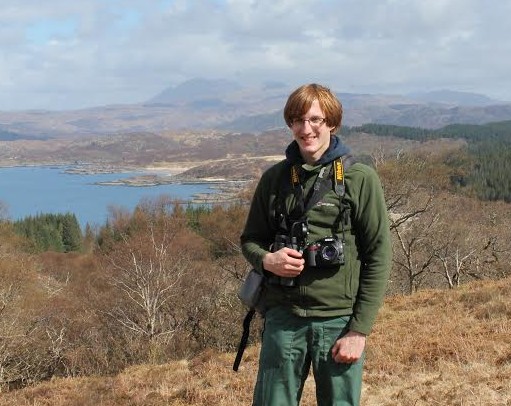
Alex Pearce has a chat with Simon – Project Development Officer for Butterfly Conservation
Hi Simon, what is your official job title?
All the Moor Butterflies Project Development Officer for Butterfly Conservation
What does your role entail?
I am a Project Development Officer for a Heritage Lottery Fund project that Butterfly Conservation is hoping to secure funds to deliver. Organisations that wish to apply for funding from the various different Lottery funding pots are allowed to apply for a grant to fund the development of a project idea. My role is to put together the detailed plans for the project itself, with the end result being a detailed bid submitted to the Lottery for the second stage of funding to deliver the project. The project I am working on is a landscape scale conservation project that focuses on the threatened fritillary species (marsh, heath, high brown, pearl and small pearl – plus the narrow-bordered bee hawkmoth) found on Exmoor, Dartmoor and Bodmin Moor. The project has two halves to it, the first is the conservation of these species, which involves surveying and monitoring them, and working with landowners to secure the habitat management needed to conserve them. The second half is a large programme of community engagement, which will work with the public, volunteers, children and vulnerable groups of people, aimed at engaged them with their natural heritage.
What does a typical day see you doing?
My post is a fixed term contract of 9 months, which began in June 2015 and finishes at the end of February 2016. There is no typical day really! The project development work has followed a deliberately phased approach. I started in June, during the flight period of many of the species, so I was out and about a lot during the first couple of months, seeing the species and meeting all the key partners in the project, such as the National Park Associations and landowners, like the National Trust. During late summer and early autumn I spent a lot of my time meeting with new organisations and community groups, consulting with them about their involvement in the project. Towards the end of the year I delivered some habitat management work parties with volunteers. Interspersed through all of this were a number of talks that I had to deliver, as well as other pilot events and workshops. A large amount of the project has been office based, particularly during the final months as there is a lot of information that has to be written up for the funding bid to the Lottery.
What qualities would some in this role need to have?:
You really need quite a diverse skill set to deliver this kind of project development role. For such a species specific project you have to know your ecology and know about the target species, in this case butterflies and moths. You also need to have practical skills in terms of knowing how to interpret habitats whilst out on a site and how to deliver habitat management. Public speaking skills have been important in this project and having the ability to get on with people and know how to form partnerships quickly. Good written skills are also important, as is time management, as there has been a huge amount of work to get through and you have to be strict with how much time you give to each element of the development phase.
How did you end up working for Butterfly Conservation?:
I did a BSc degree in Geography and an MSc in Applied Ecology and Conservation, however if I am being honest, I am not sure how much these degrees contributed to where I am now in my career. After University I knew I wanted to work in the practical side of conservation, not research. I tried to get a job with a conservation charity but struggled initially, it took me a long time to get my first breakthrough. That breakthrough was securing a 9 month volunteer placement with the BCN Wildlife Trust as a volunteer reserves assistant. I learnt a huge amount about ecology and habitat management and they also paid for all my practical land based qualifications, like chainsaw and brushcutter. When this finished I managed to get a short 3 month post with the Lulworth Estate in Dorset, working as an ecological surveyor. This job helped me to further hone my ID skills. When this finished I took up a post with the Warwickshire Wildlife Trust as a youth engagement officer, this contract was for 1 year but when it came to finish I managed to move onto another community engagement contract with them to deliver a different project. I stayed with them for 3 and a half years delivering community projects, until I took up my current role at Butterfly Conservation.
What advice would you give to someone wishing to work in the conservation sector?:
Conservation is a notoriously difficult sector to get into, but it is worth it. The best advice I would give is don’t give up, believe in yourself and follow your passion. I came close to giving up; I must have applied for over 80 jobs before I got my first one. But I had a strong sense that I could make it in this sector and knew it was what I wanted to do. It is important to keep yourself productive and in touch with the sector, so if you are working temp jobs, why not try volunteering in your spare time at the weekend, or maybe even some evening stuff. There is plenty out there, your local Wildlife Trust might have weekend work parties on its reserves, you might be able to contribute to conservation blogs. Having good ID skills for species is really important, and this is something you can learn yourself in your own time, teaching yourself how to ID the easy groups like birds and butterflies, also plants are really important. Young people should definitely join A Focus On Nature, the youth nature network. It offers you many opportunities to improve your skills and it is a great way to meet fellow like-minded people who love wildlife.
For more information and photographs by Simon, you can visit his website: www.wildlifephelps.com
Twitter: @WildlifePhelps
You can also visit the young nature network here

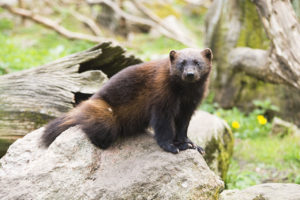
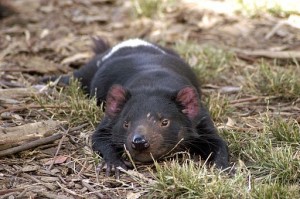
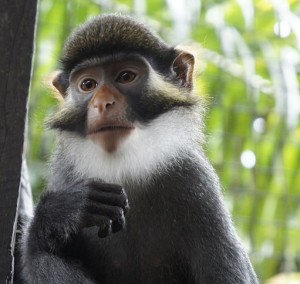
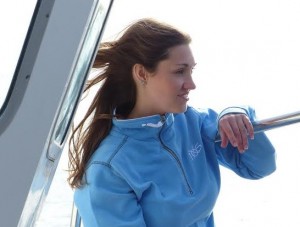
No comments yet.